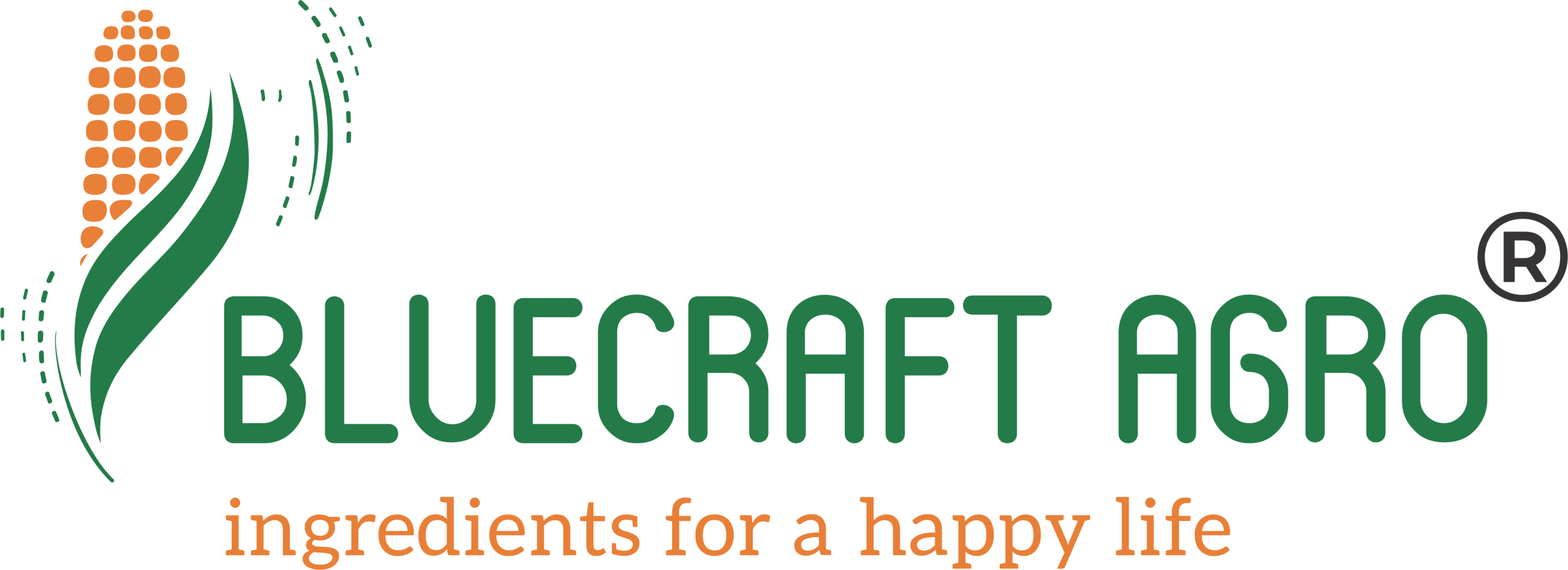What Is The Role of Starch In Pharmaceutical, Food, Paper-board, Textile, Oil & Gas?

Starch is a polysaccharide (a large carbohydrate) that can be found in many plants, including potatoes and corn. It is an essential part of our diet and is a form of energy reserve for plants.
Starch is used as a thickening agent in foods such as sauces and soups. It makes them smoother and gives them a better appearance because it prevents the separation of solids from liquids during cooking.
Although it occurs naturally in foods, it can also be produced synthetically and used for various applications such as pharmaceuticals and textiles. It is also used to make paperboard packaging materials for food products.
It is a major component of plant cells, where it serves as a storage of energy which can be converted into glucose during photosynthesis or respiration. It can also be broken down into glucose by enzymes called amylases when needed by the plant cell.
The term “amylose” refers to long chains of glucose molecules bonded together with α1-4 glycosidic bonds. In contrast, the term “amylopectin” refers to short chains of glucose molecules bonded together with α1-6 glycosidic bonds.
Industry – Wise Application
The pharmaceutical industry uses Starch as an excipient, binder or filler in tablets, capsules and syrups. It has been reported that consumption of high dietary fibre content food can reduce the risk of colorectal cancer. Therefore, consuming pharmaceutical products with high fibre content may have beneficial effects on human health.
- In paper manufacturing: Starch is used as an additive for paper production for its adhesive properties, which helps bind together the fibres in the paper making process. This helps reduce paper waste by preventing fibres from breaking off during use or recycling/recovery processes.
- In Textile Manufacturing: Cotton yarns containing starch are more durable than those made without starch because they have better resistance against abrasion and wear during washing cycles or through regular usage (e.g., sports clothing).
In Food Industry:
Starch is widely used in the food industry as a thickener, emulsifier and stabiliser. The main use of food grade starch is to provide texture and bulk to processed foods. Starch makes the food more palatable by improving texture, flavour and mouthfeel.
It is also used in food processing to modify viscosity, improve the suspension of ingredients and stabilize emulsions. It reduces syneresis (excess moisture loss) in canned products and prevents fat crystallization in frozen foods.
In the Paper & Pulp Industry
The major use of Starch in the Pulp & Paper industry is for making size in paper manufacture. Size gives strength & stiffness to paper by penetrating into the fibers during the formation of the sheet under high pressure & temperature conditions in the press machine. It also reduces the surface energy of pulp fibers, increasing their cohesion and providing adequate cohesion between individual fibers. It can be added at various stages of the paper manufacturing process, viz., pulping stage (mechanical pulping as well as chemical pulping), beating stage (to improve strength) and refining stage (to reduce fuzziness).
In the Oil Industry
Starch is used in the oil industry to filter out water from crude oil before it is refined into gasoline. The starch coagulates with water molecules and forms a gelatinous mass that can be easily filtered out of the oil mixture by passing it through fine mesh screens. It also helps prevent corrosion by preventing water from entering into contact with metal equipment.
In the gas industry
Starch can be added to water to form a slurry that is used to remove particulates from natural gas streams and other liquids. It’s particles attach themselves to the impurities and are then removed by filtration.
In the coal industry
Starch can be added to streams of coal-washing water in order to reduce filter plugging and increase capacity. In addition, starch can be added to flotation reagents in order to improve recovery rates and reduce operating costs.
In the Textile industry
Textile Grade Starches are used in the textile industry. The starch is applied to raw cotton, wool and other fabrics to thicken them and change their appearance. Textile starches are also used in sizing textiles, which helps to prevent shrinking, stretching and fading. It is available in fine granules (Viscose), medium granules (Corn) or coarse granules (Potato).
It is often used in conjunction with other chemicals for textile production. They can be found in a variety of forms including liquid, powder, or paste.
Supplying starch to various industries- Bluecraft Agro
In today’s competitive market, it is vital to be able to supply your customers with a variety of products. BAPL is a company that supplies starch to various industries.
We supply various grades of refined flours, starches, modified starches and other ingredients for use in different industries such as food & beverage, paper & board, adhesives & sealants, animal feed, building & construction materials and personal care products.
Our experience in this field has provided us with an understanding of what our customers need and expect from us. We offer excellent customer service, ensuring that all orders are fulfilled quickly and efficiently.
Conclusion
Starches are carbohydrates that are produced during the process of converting the starch-containing plant material into purified Starch. It is widely used in the manufacturing of different products. The starches extracted from raw materials and used to manufacture pharmaceuticals, foods, paper boards, textiles, oil & gas are of high purity and come in a variety of granularities.

